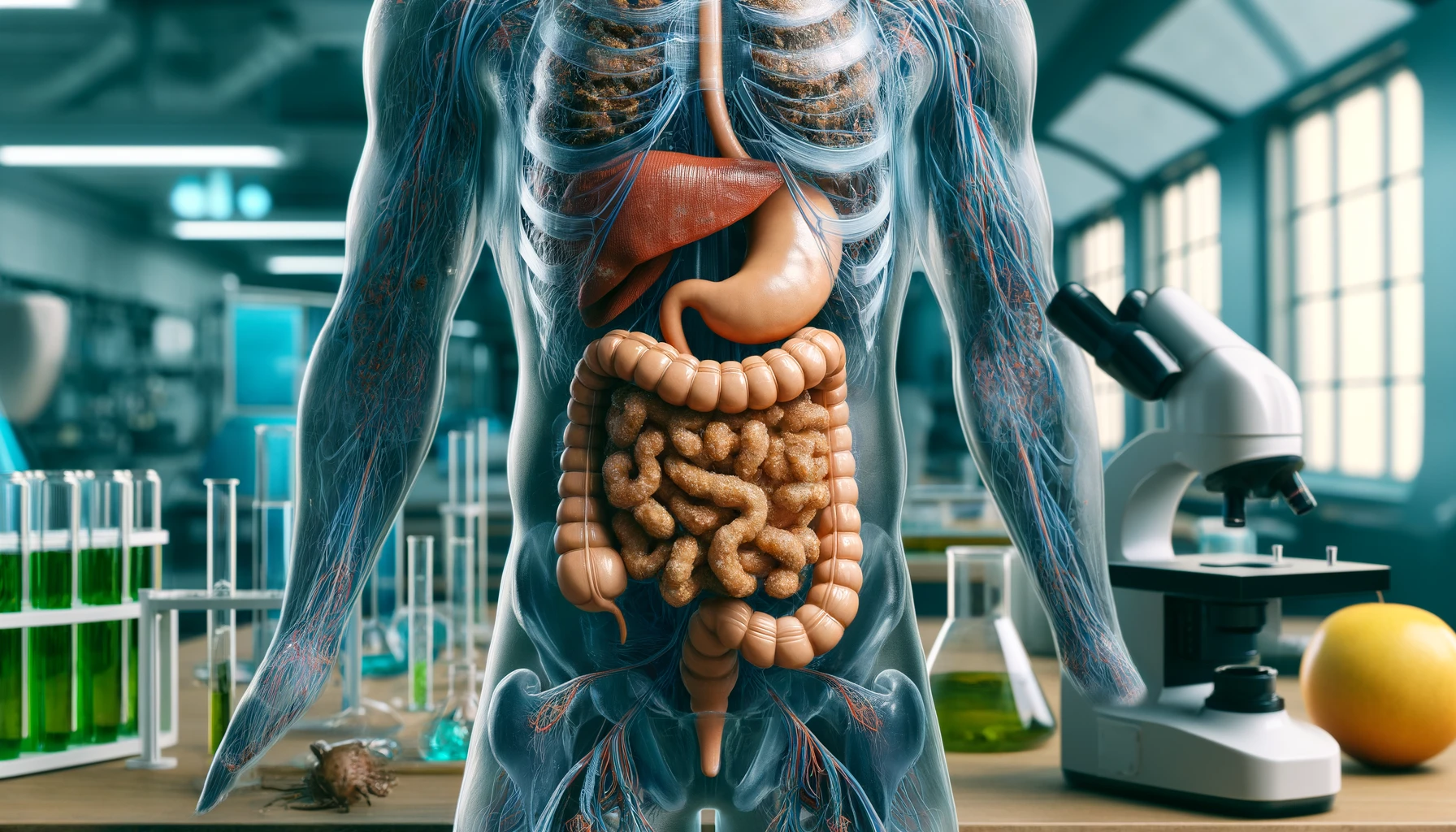Check out this answer from Consensus:
The microbiome’s extensive involvement in human physiology, its distinct physiological and pathological states, and its inheritance and development processes support the notion of considering it a human organ. As research in this field advances, the classification of the microbiome as an organ may become more widely accepted, highlighting its critical role in health and disease.
The human microbiome, a complex collection of microorganisms residing in and on our bodies, has garnered significant attention in recent years. This intricate ecosystem, composed of bacteria, viruses, fungi, and archaea, plays a crucial role in maintaining human health. The question arises: can the microbiome be considered a human organ? This article explores the characteristics of the microbiome, its functions, and its potential classification as an organ.
The Microbiome: An Overview
The human microbiome consists of a vast array of microorganisms that colonize various body sites, including the gastrointestinal tract, skin, respiratory tract, and mucosal surfaces. These microorganisms interact with their host, contributing to digestion, immunity, and overall health2 8. The gut microbiome, in particular, is a diverse consortium of bacteria, archaea, fungi, protozoa, and viruses that inhabit the gastrointestinal tract and play vital roles in energy homeostasis, metabolism, and immunologic activity5.
Functions of the Microbiome
The microbiome performs several essential functions that are integral to human physiology. These include:
- Digestion and Metabolism: The gut microbiome aids in the digestion of complex carbohydrates and the synthesis of essential vitamins. It also influences metabolic processes, contributing to energy balance and nutrient absorption5 7.
- Immune System Support: The microbiome interacts with the host’s immune system, promoting the development and maturation of immune cells. It helps protect against pathogens and maintains immune homeostasis2 6.
- Protection Against Pathogens: By occupying ecological niches and producing antimicrobial compounds, the microbiome prevents the colonization of harmful microorganisms2.
- Neurological Impact: Emerging evidence links the gut microbiome to neurological health, with perturbations in microbial communities associated with conditions such as autism, Parkinson’s disease, and multiple sclerosis6 9.
The Microbiome as an Organ
The concept of the microbiome as a human organ is gaining traction among researchers. Like traditional organs, the microbiome has distinct physiological and pathological states, and its alteration can lead to disease1 3. The microbiome is inherited and undergoes dynamic changes throughout an individual’s life, similar to other organs1.
Physiological and Pathological States
The microbiome exhibits physiological functions that are essential for maintaining health. Dysbiosis, or an imbalance in microbial communities, is associated with various diseases, including inflammatory bowel disease, obesity, and neurological disorders4 7. Diagnostic and therapeutic approaches, such as metagenomic studies and microbiota transplantation, are being developed to address microbiome-related pathologies1 4.
Inheritance and Development
The microbiome is inherited from both the external and maternal environments, with initial colonization occurring at birth. This process involves complex interactions and co-evolution with the host’s genome and immune system6 10. The microbiome’s development and composition are influenced by factors such as diet, lifestyle, and antibiotic use6.
Is the microbiome a human organ?
Jerry Tsang has answered Extremely Unlikely
An expert from Edinburgh University in Medicine, Biological Materials, Anatomy, Microbiology
No, but recent work has shown that the microbiome interacts with our physiology and conceptually could be seen as a additional human organ.
There are 1.3 bacterial cells for every human cell, colonising our bodies; with roughly the same number again of viruses and fungi. This collection of microbes is known as our microbiome.
Changes in the microbiome, the products of their metabolism, and their interaction with the immune, endocrine and nervous systems are have shown to be associated with the development of a wide variety of illnesses (such as inflammatory bowel disease, cancers, and depression). and heath states.
By combining polyomic assays (genomic, transcriptomic, proteomic, and metabolomic studies) with better “big data” processing, we will be able to improve our understanding how the microbiome influences health and disease states.
A recent review is available at
https://www.nature.com/articles/nm.4517
Is the microbiome a human organ?
Kate Secombe has answered Extremely Unlikely
An expert from University of Adelaide in Microbiome, Cancer
I would not consider that microbiome a human organ, for the simple fact that it is made up of other organisms! It can cause effects (both beneficial and detrimental) to other parts of our body, however it is extremely dynamic and we do not fully understand all of these changes at the moment.
Is the microbiome a human organ?
Martina Jelocnik has answered Extremely Unlikely
An expert from University of the Sunshine Coast in
Good review https://genomemedicine.biomedcentral.com/articles/10.1186/s13073-016-0307-y
Is the microbiome a human organ?
Tsveta Malinova has answered Unlikely
An expert from University of Amsterdam in Molecular Biology, Immunology, Immunopathology, Cardiovascular Disease, Cell Biology, Biology, Biophysics, Biotechnology, Microbiology, Microbiome
The microbiome is not an organ.
The microbiome is a collection of microorganisms in a certain environment. The human microbiome includes all microbes (single cell organisms) living inside you (guts, nose, mouth, etc.) and the ones living on your skin. These microbes in most cases live in symbiosis with the human organism ensuring, for example, proper food digestion and protection from pathogens. The studies on microbiome show it is actually crucial for proper human development and health. That is why it would not be surprising if one day scientists decide to qualify it as a new organ. However, this is not the case yet.
Is the microbiome a human organ?
Hannah Wardill has answered Extremely Unlikely
An expert from University of Adelaide in Gastroenterology, Microbiome
The gut microbiome is a collection of organisms and their metabolites that co-exist with their host (us!). Functionally it can be considered organ-like, as it carries out key functions for its host that are unable to be performed without them. But unlike organs, it is not self-contained and it is highly dynamic in its structure/composition.
